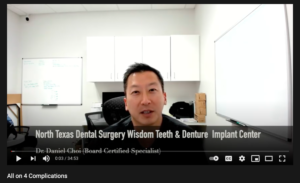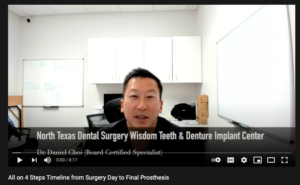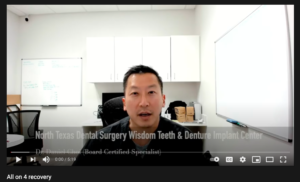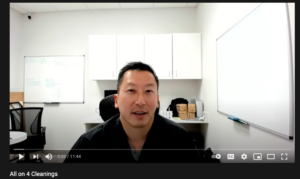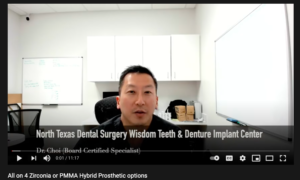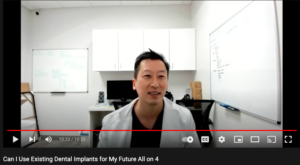Maximizing the Lifespan of Your All-on-Four Implants: A Complete Maintenance Guide
Effective Maintenance for All-on-Four Dental Implants: Ensuring Longevity and Health
All-on-Four dental implants are a revolutionary solution for replacing missing teeth, offering both economic benefits and an improved quality of life. However, like any significant dental investment, they require proper maintenance to ensure their longevity and effectiveness.
Initial Care Post-Surgery
After the surgery, patients are given an interim prosthesis. It’s crucial to understand that this is not the final prosthesis. Proper healing, typically taking four to five months, is essential before fitting the final prosthesis to prevent long-term complications. During this initial phase, patients should adhere to prescribed care routines including taking antibiotics, pain medication, and performing salt water rinses. A soft toothbrush and non-abrasive toothpaste should be used to keep the prosthesis clean.
Regular Dental Check-ups and Cleaning
At North Texas Dental Surgery, patients are encouraged to return for check-ups at one and three months post-surgery. During these visits, the interim prosthesis is removed, cleaned with an ultrasonic cleaner, and the multi-unit abutments are thoroughly cleaned to prevent bacterial buildup. After the first month, the use of a water pick is recommended to ensure thorough cleaning of nooks and crannies.
Transition to Final Prosthesis
Around four to six months post-surgery, if the implants are healing well, the process of transitioning to the final prosthesis begins. Zirconia prostheses are preferred for their durability, aesthetic appeal, and lower bacteria attraction compared to PMMA acrylic prostheses. Regular dental visits are essential for cleaning the prosthesis and monitoring the health of the implants.
Importance of Long-Term Maintenance
Consistent oral hygiene practices, including brushing twice daily and using a water pick, are vital. Regular professional cleanings, at least once or twice a year, are recommended to prevent bacterial buildup and potential implant failure. The type of prosthesis chosen can affect the frequency of required cleanings. A case study of a patient who neglected regular cleanings demonstrates the severe consequences of inadequate maintenance.
Conclusion
While All-on-Four dental implants offer a more affordable and practical solution than individual implants, their success and longevity heavily depend on proper and consistent maintenance. Regular professional cleanings and diligent at-home care are paramount to ensuring the long-term health and functionality of these implants.

